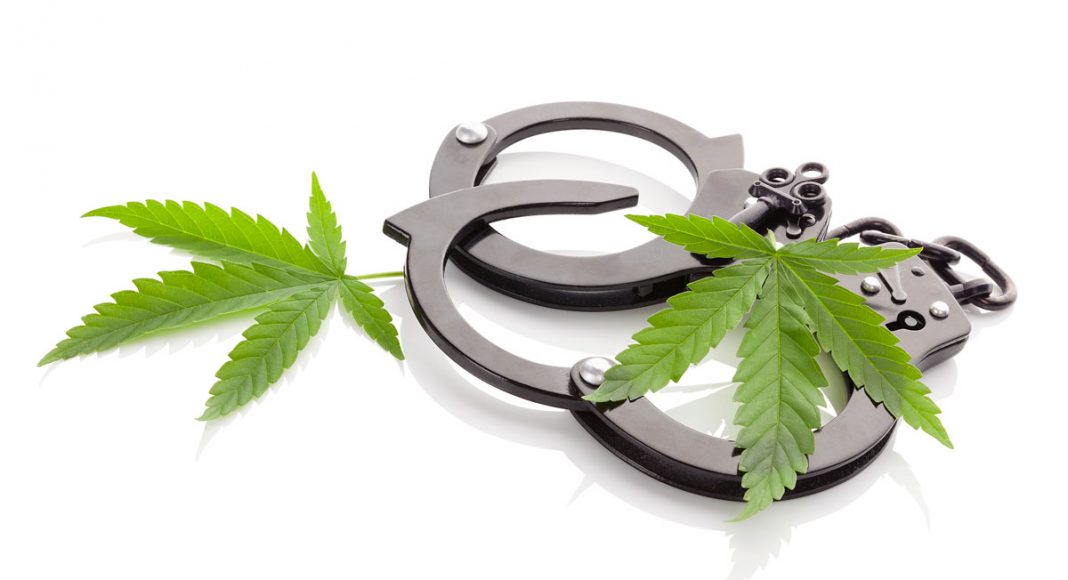As more and more states jump on the cannabis legalization bandwagon, one sticky problem is slowly being addressed: How does society make things right again for those who were previously convicted of marijuana possession? Individual states — and, indeed, individual cities — have come up with creative ways to solve the issue.
In San Francisco, the historic home of the medical marijuana movement, the district attorney’s office is turning to high-tech to erase the crime from the records of War on Drugs victims.
According to a report published in Fast Company, a machine-learning algorithm developed by the nonprofit Code for America “can read through charging documents, identify codes for various crimes, and then automatically determine which felony convictions can be downgraded to a misdemeanor (those who also committed violent crimes, for example, can’t have their records downgraded). Then the tool automatically fills out required forms that the district attorney can file with the court.”
When Californians overwhelmingly voted in 2016 for the Adult Use of Marijuana Act(Proposition 64), it also meant that citizens with previous non-violent marijuana convictions could petition to have those crimes removed from their criminal record or downgraded to lower-level crimes. But it was a hardship for many Californians because of red tape, bureaucratic hoops — and the need to hire a lawyer to handle the paperwork.
But, thanks to the code for America’s algorithm, the city’s district attorney’s office can quickly scan the records and do the bulk of the heavy lifting.
“If you have a felony conviction, or in many cases, if you have a misdemeanor conviction, there are many employers who will not hire you,” George Gascón, San Francisco district attorney, told Fast Company. “There are many landlords that will not allow you to rent or lease a place for them. There are certain types of student loans that you would not qualify because of the felony conviction. So we know that having a felony conviction – for offenses that have been legalized – still holds back a lot of people. Mostly, quite frankly, poor people, and people in communities of color.”
Federal government data shows that, although rates of marijuana use are similar in black and white populations, someone who is black is nearly four times as likely to be arrested for possession. In California, until marijuana use was legalized, black people were more than twice as likely to be arrested.
For Gascón, this is a matter of social justice — and just being a good citizen. “There are two major components to reducing the likelihood that people will commit crimes. One is employment and the other one is housing. If you have a steady job and you have housing, you’re less likely to engage in other criminal activity.”
San Francisco plans to share the program with district attorneys throughout the nation. “This entire system will be put in the public domain so anybody can use it,” says Gascón.


